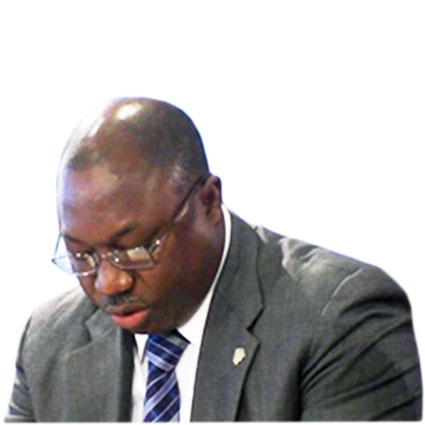It is an open secret that, some of the most important objectives of government budget includes Economic Growth, Re-allocation of Resources, Management of Public Enterprises, Reducing inequalities in income and wealth and Economic Stability.
All these are meant to aim to make life better for the citizenry, a national budget must address and calculatedly allocate recourses’ based on the utmost needs and challenges of the population, budgetary allocation to the office of the First Lady, Office of the President, Education, Agriculture among others are the direct opposite of the current challenges’ of the nation.
The government must prepare a budget to fulfil certain national objectives and such budget must prioritize national wellbeing and added values to the economic growth. Expenditures geared to stay still a cripple economy like that of The Gambia can only demonstrate the lack of adequate knowledge of national challenges or in the worst scenarios bad economic, social and political policies.
Any reallocation of resources that doesn’t guarantee economic profit maximization and social public welfare priorities of Gambians is not appropriate and therefore should be amended or rejected.
We fully aware of the need to cut down our national debt, but we must not believe there is a shortcut to the above, rather, concentrating our budget expenditures on capacity building and creation of income generation will quickly repay our national debt as well as reduce the dependence to foreign subventions and aids and further placed our economy in the right and sustainable growth rate.
Over 5o years we have been making the same mistakes and anticipate a different outcome, for there to be sustainable economic and social growth, we must strengthen our national capacity in various mainstays of development including, food production, Science/Technology, Health, Agriculture, Civil Engineering among others.
For the encouragement of investment, the government should consider giving tax concession or reduction, subsidies etc. not a replacement of tax configuration, the country is already a distinguished tax nation with little or no government incentives for local investors, therefore it is paramount to revisit the taxation in this budget in other to encourage local production which is fundamental to our economic sustainability.
This budget doesn’t address the already existing economic inequality inherent part of our Gambian economic system, nor will it raise the standard of living of the poor citizens’ or reduce inequalities and promote decentralization in the distribution of income.
We are not an economist, but we are certain this budget cannot be used to prevent business fluctuations of inflation or deflation or achieve economic stability in the long term.
we must understand that the growth rate of our country depends on the rate of economic activities’ of our citizens, our national saving and investments’, having the aforementioned in mind should inform our budgetary policy to mobilize sufficient resources for investment in the public sector which in our opinion is not the case.


